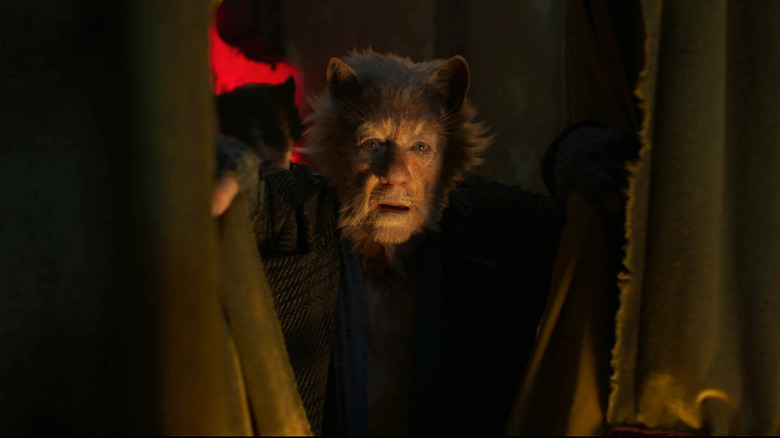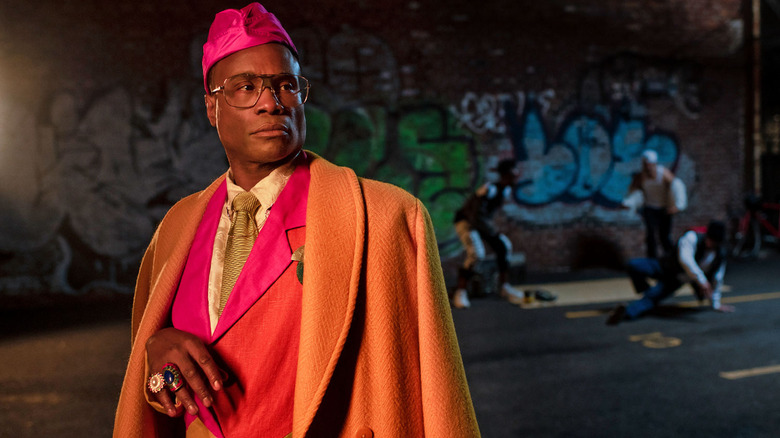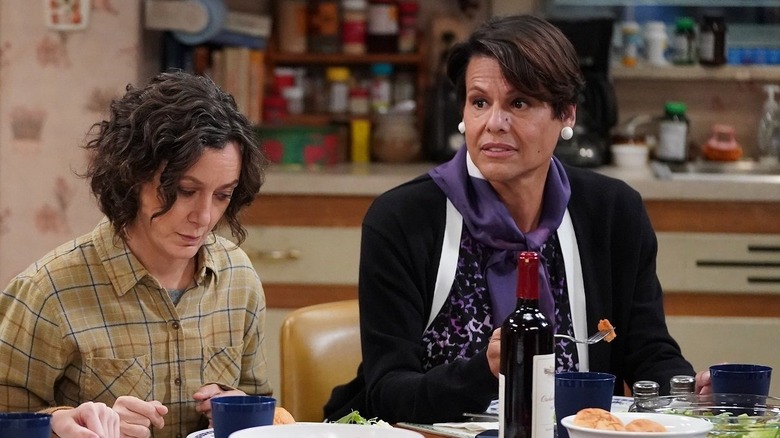Queer People Aren't A Monolith, And Sir Ian McKellen's Thoughts On 'Playing Gay' Are Lacking Context
(Welcome to The Soapbox, the space where we get loud, feisty, political, and opinionated about anything and everything.)
Ah, yes, it seems as if the endless debate regarding whether or not gay roles in entertainment should be specifically reserved for gay actors has reared its annoying head yet again. This time, the discourse was sparked by comments made by openly-gay Sir Ian McKellen during an interview with BBC2. In addressing the controversy surrounding the casting decision of Dame Helen Mirren to play Israeli Prime Minister Golda Meir in an upcoming biopic, the legendary performer of stage and screen compared the gentile Mirren playing the Jewish Meir to only allowing LGBTQIA+ actors to play roles that match their identity.
"Is the argument that a straight man cannot play a gay part, and, if so, does that mean I can't play straight parts and I'm not allowed to explore the fascinating subject of heterosexuality in 'Macbeth?'" McKellen asked with skepticism. "Surely not. We're acting. We're pretending." Look, I'm not about to get on a soapbox and discredit the opinions of an 82-year-old man, but this line of thinking, while good in theory, does not take into consideration the realities that so many queer actors who have not been knighted by the Queen of f****** England face when trying to book roles.
McKellen's approach is too idealistic for the current state of things
There have been great strides made in terms of Hollywood's acceptance and representation of the LGBTQIA+ community, but the painful truth is that the film industry isn't as affirming as people would like to believe it to be. In a horrifying report from SAG-AFTRA in 2014, actors shared their first-hand experiences of blatant discrimination with industry professionals and casting directors. People reportedly witnessed casting directors openly admit they wouldn't cast a gay actor in a straight role because they believed audience would not take them seriously, gay actors cast as extras fired from their jobs because their presence made a straight-lead "uncomfortable," trans people denied romantic leads out of fear that a cis actor would feel uncomfortable having to kiss them, the normalization of offensive language on sets, and denying trans actors access to appropriate dressing rooms.
The reality is that openly queer actors are usually not even in contention to play roles other than queer characters, while straight people are awarded for telling our stories. McKellen's desire for gay people to be able to play straight and straight people to be able to play gay is an idealized view that unfortunately does not have basis in reality. The overwhelming majority of roles available for actors are cisgender and straight and if queer people aren't being considered for those roles, they're left with the offensively small pool of queer roles. With many studios operating under McKellen's logic, a good chunk of those roles end up going to straight actors, pushing many queer performers out of not only their own stories, but the acting game as a whole.
A complicated issue with no easy fix
Outside of the obvious, bigotry-related reasons, fixing the equity gap for queer actors is complicated. For one, asking a performer their sexual-orientation when seeking a job is illegal. As a protected class, a casting director cannot legally ask a performer if they're gay or straight. When it comes to offer-only roles, it's easy to seek out an openly queer actor because their orientation is likely public knowledge. People like Billy Porter and Lea DeLaria are famously queer, so if a studio has the money, they just seek them out specifically. To combat this, casting calls frequently include language encouraging queer people to audition for roles, but unless straight people decide to take a seat and not audition for roles that could go to a queer person, not much is going to change.
In a perfect world, acting would be nothing more than a matter of "pretending," but that's not the world we live in. Representation is important, equity matters, and to deny the reality that LGBTQIA+ actors have an infinitely more difficult time than their straight, cisgender counterparts is inaccurate. With Florida trying to criminalize even mentioning the word "gay" in school settings and Texas treating gender-affirming care as child abuse, it's more important than ever that queer people are given autonomy to tell their own stories for viewing audiences, and get paid for it. The queer community is not a monolith, and we do not all share the same opinions or experiences. For anyone reading this who fancies themselves an ally, please remember that while Sir Ian McKellen is operating with good intentions, his misguided views are not shared by queer people as a whole and no one person can be representative of an entire community.


